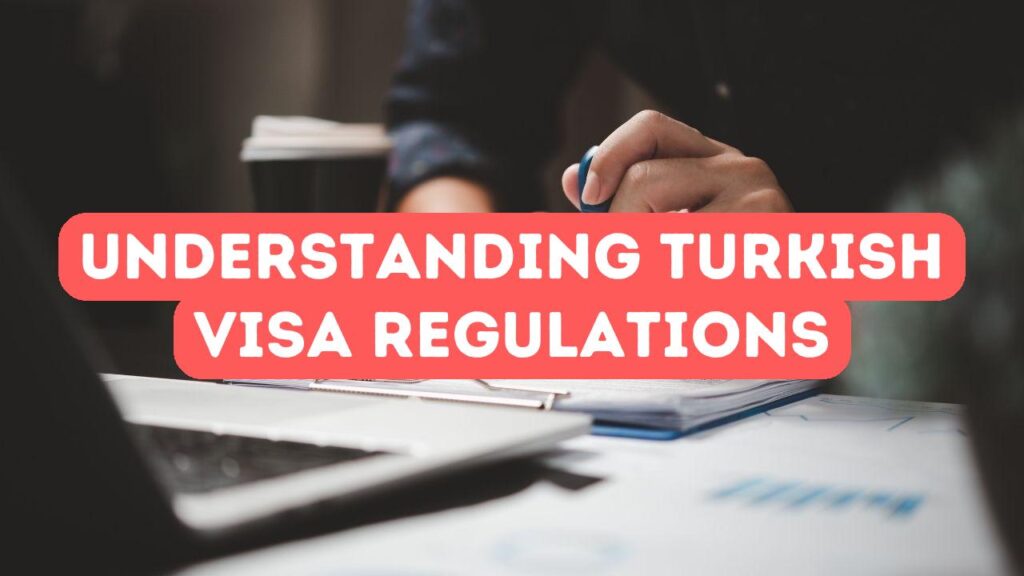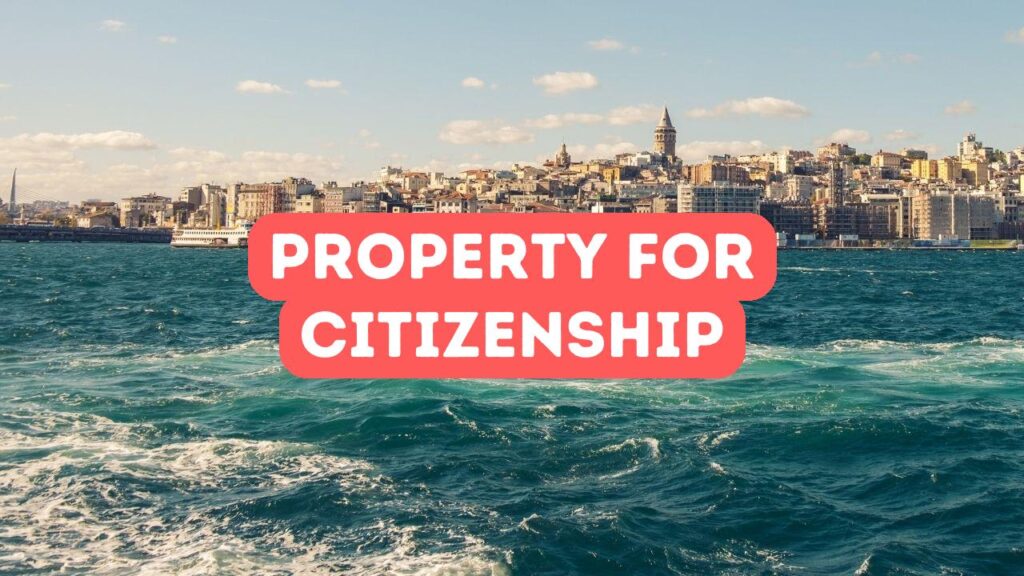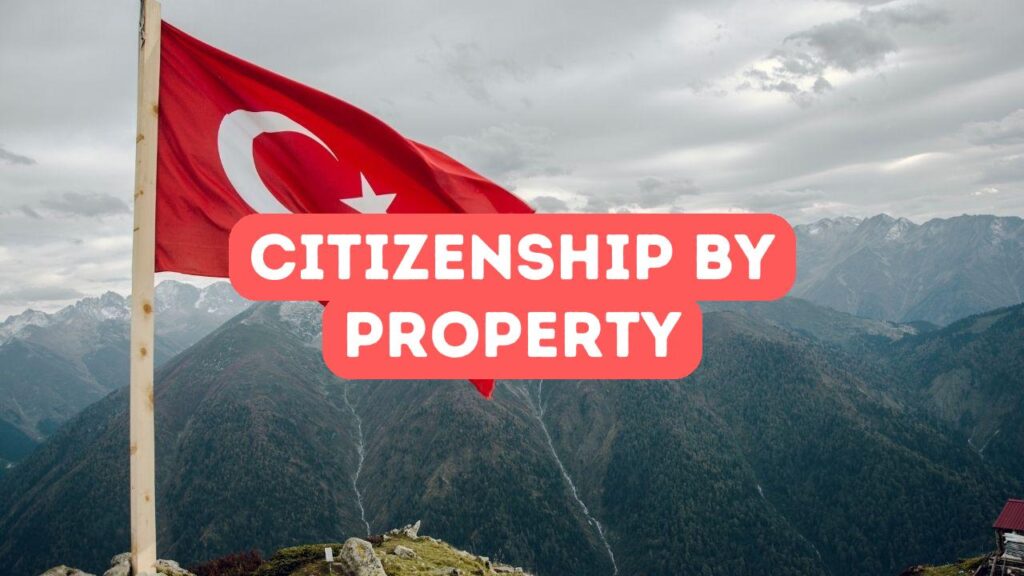Navigating the complexities of Turkish visa regulations is a critical step for anyone considering residency, citizenship, or investment opportunities in this dynamic country. As a leading investment and immigration advisory firm in Turkey, Gordion Partners is committed to simplifying this intricate process for our clients. Our expertise spans various aspects of immigration, including citizenship applications, real estate investments, and offering general guidance for foreigners in Turkey. In this comprehensive guide, we will delve into the essential information you need to understand Turkish visa regulations, ensuring a smooth and efficient transition to your new life in Turkey.
Types of Turkish Visas and Eligibility Requirements
Understanding the various types of Turkish visas and their eligibility requirements is fundamental for anyone planning to move to Turkey. There are several categories of visas, including tourist visas, student visas, work visas, and family reunion visas, each with its specific criteria. Tourist visas are typically short-term and straightforward to obtain, often available through an online application. In contrast, student and work visas require a more comprehensive documentation process, proving educational enrollment or employment contracts in Turkey. Family reunion visas necessitate substantial evidence of familial ties to Turkish residents. Each visa type has distinct eligibility protocols that must be meticulously followed to ensure compliance with Turkish immigration laws.
It is essential to understand that work visas must be sponsored by a Turkish employer and require a job offer before the application process can begin. These visas typically mandate detailed information about the position, qualifications, and proof of the employer’s eligibility to hire foreign personnel. Student visas, on the other hand, necessitate an acceptance letter from a recognized Turkish educational institution, along with evidence of financial means to support your studies and stay. For family reunion visas, applicants must provide authenticated documents proving their relationship to the Turkish citizen or legal resident, such as marriage or birth certificates, along with proof of residence and adequate living conditions in Turkey. Meeting these documentation and proof-of-eligibility requirements rigorously will ensure a higher likelihood of visa approval, facilitating a smoother relocation to Turkey.
Navigating the application procedures can be daunting, which is why partnering with a reliable advisory firm like Gordion Partners can be invaluable. We offer comprehensive support, guiding you through each phase of the visa application process—from gathering necessary paperwork to final submission. Our experts stay abreast of the latest changes in Turkish immigration policies, ensuring that your application meets all current regulations and increases your chances of approval. Additionally, we provide tailored advice based on your individual circumstances, whether you’re seeking a temporary residence permit, a long-term visa, or eventual citizenship. Trusting Gordion Partners with your visa needs allows you to focus on the opportunities Turkey has to offer, while we manage the complexities of the immigration process.
Step-by-Step Guide to Applying for a Turkish Visa
Applying for a Turkish visa involves a series of well-defined steps, beginning with determining the specific type of visa you need based on your purpose of visit—whether it’s for tourism, business, education, or long-term residency. Once the appropriate visa category is identified, it’s essential to gather the necessary documentation, which typically includes a valid passport, completed application forms, recent photographs, and proof of financial stability. Additional documents may be required depending on the visa type, such as letters of invitation, proof of accommodation, or acceptance letters from Turkish educational institutions.
After collecting the requisite documents, the next crucial step is to schedule an appointment with the nearest Turkish consulate or embassy. Early booking is advisable, as appointment slots can fill up quickly. During the appointment, a consular officer will review your application and may ask questions to verify the information provided. It’s imperative to ensure that all forms are accurately filled out and that all supporting documents are in order to avoid delays. Following the interview, the processing time for visa applications can vary, but applicants are generally advised to apply well in advance of their intended travel dates to accommodate any potential setbacks.
Upon approval of your visa application, you will receive a notification to collect your visa from the consulate or embassy where you initially submitted your documents. It’s crucial to review the visa for any errors immediately and ensure it aligns with your intended visit plans. If your application is denied, the notification will typically include the reasons for the denial and any possibilities for re-application or appeal. At Gordion Partners, we provide post-approval support to address any concerns you might have, such as understanding the terms of your visa or planning your move to Turkey. Our comprehensive advisory services aim to make the entire process seamless, assisting you from initial application to settling into your new life in Turkey.
Common Challenges and Solutions in Securing a Turkish Visa
Securing a Turkish visa often poses several challenges, particularly for those unfamiliar with the specific requirements and protocols. One of the most common obstacles is the extensive documentation needed, including proof of financial stability, booking confirmations, and detailed personal information. Misunderstandings or incomplete submissions can lead to delays or even rejections. At Gordion Partners, we streamline this process by offering personalized guidance, ensuring all paperwork is meticulously prepared and submitted correctly. Our expert team is well-versed in addressing potential issues, from clarifying document ambiguities to offering solutions for uncommon visa categories.
Another frequent challenge is navigating the often stringent timelines and deadlines associated with Turkish visa applications. Applicants must adhere to precise schedules for submission and follow-up appointments, which can be daunting for those unfamiliar with the system. Missed deadlines can result in significant setbacks, impacting travel plans or residency schedules. Gordion Partners mitigates this risk by providing a clear timeline and consistent reminders, ensuring our clients remain on track throughout the entire process. By keeping close tabs on every critical date and assisting with prompt, organized action, we help avoid costly delays and ensure a seamless transition to Turkey.
Language barriers also present significant challenges for many visa applicants, as much of the required documentation and communication must be conducted in Turkish. This can lead to misinterpretations and inaccuracies that may jeopardize the success of the application. Gordion Partners addresses this issue by offering comprehensive translation services and bilingual support, ensuring clarity and precision in all interactions with Turkish authorities. Our team assists clients in understanding and accurately completing every form, translating legal and procedural jargon into straightforward terms. By bridging the language gap, we ensure our clients experience a hassle-free visa application process, paving the way for a successful relocation or investment in Turkey.






